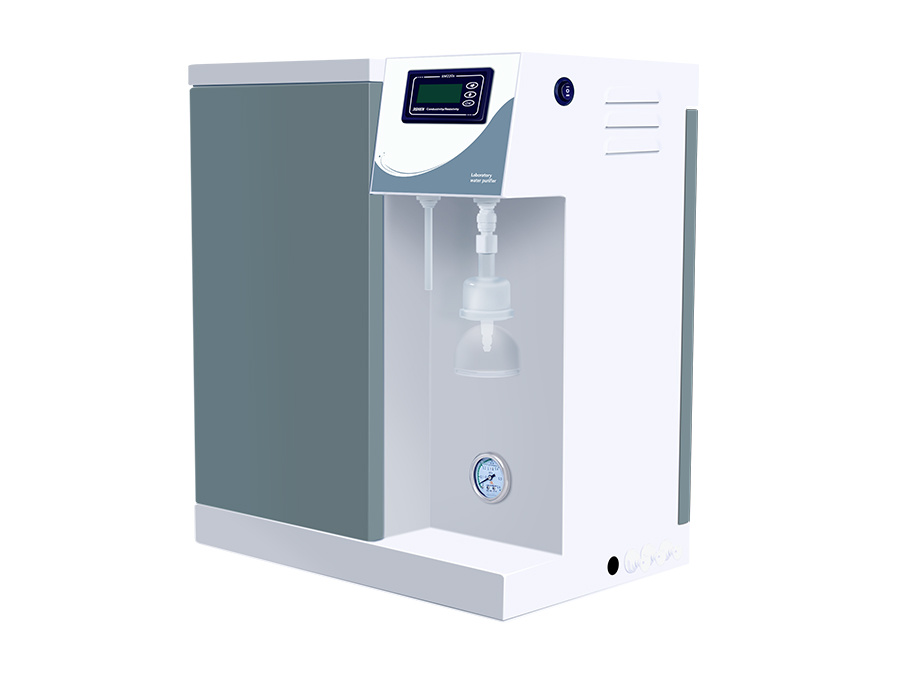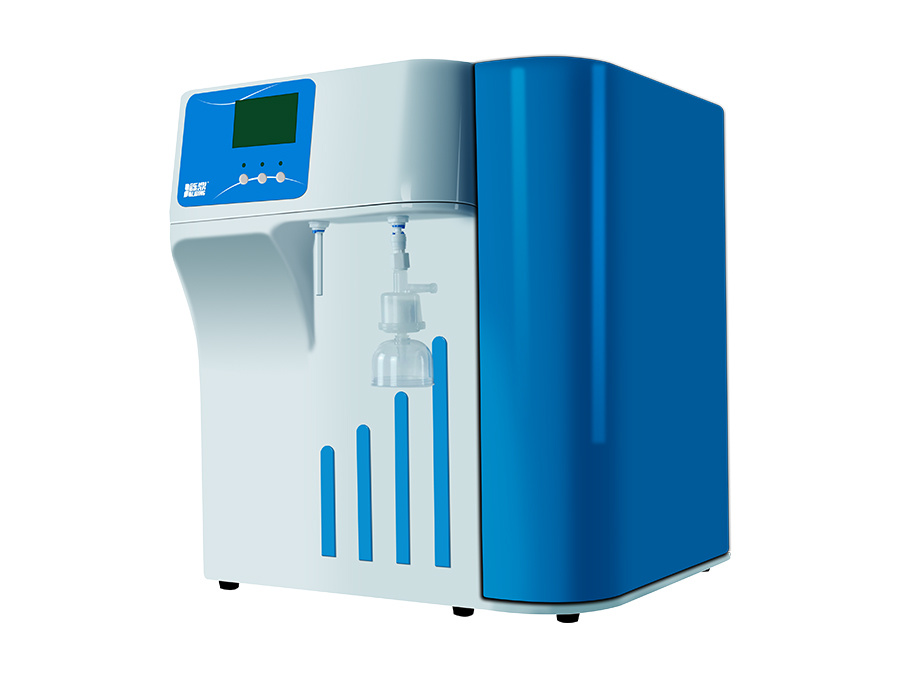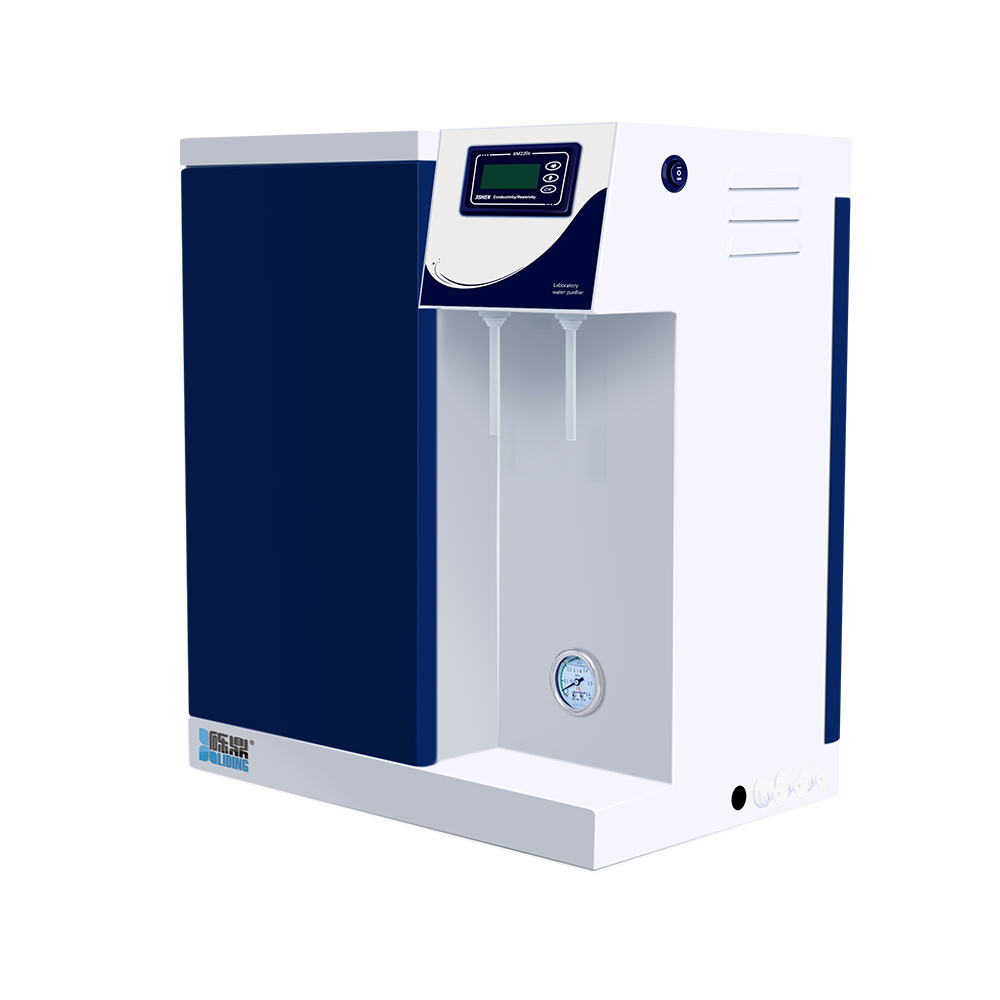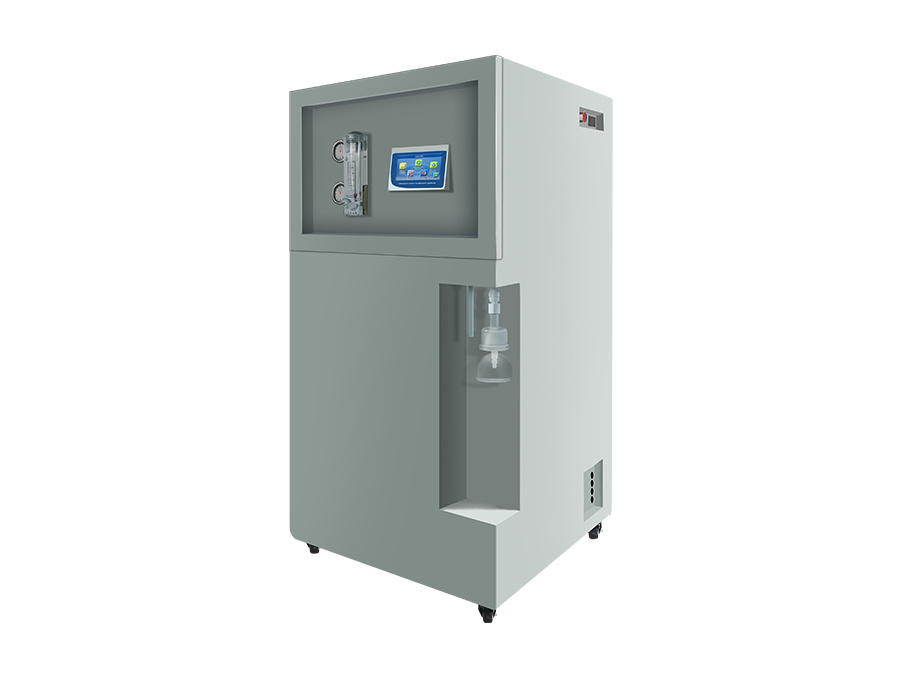Comparing Ultrapure Water Systems: What You Should Know
Time:
Jul 09,2025
Comparing Ultrapure Water Systems: What You Should Know
Table of Contents
- Understanding Ultrapure Water: Definition and Importance
- Types of Ultrapure Water Systems
- Key Components of Ultrapure Water Systems
- Comparative Analysis of Ultrapure Water Systems
- Factors Influencing Your Choice of Ultrapure Water Systems
- Maintenance and Operational Considerations
- Cost Analysis of Ultrapure Water Systems
- Future Trends in Ultrapure Water Systems
- FAQs
- Conclusion
Understanding Ultrapure Water: Definition and Importance
Ultrapure water (UPW) is water that has been purified to a level of purity that allows for minimal conductance and virtually no contaminants. It is crucial in various sectors such as the semiconductor manufacturing, pharmaceutical, and power generation industries, where any impurity can lead to significant operational issues and increased costs. In these industries, ultrapure water is used for processes such as rinsing, cooling, and diluting, making its quality paramount.
Types of Ultrapure Water Systems
When it comes to ultrapure water systems, several types cater to different needs and applications. Understanding these can help you choose the right one for your specific requirements.
2.1 Reverse Osmosis Systems
Reverse osmosis (RO) systems utilize a semipermeable membrane to remove ions, molecules, and larger particles from water. They are highly effective in producing high-purity water with low total dissolved solids (TDS).
2.2 Deionization Systems
Deionization (DI) systems work by exchanging ions in water with hydrogen and hydroxyl ions. This process effectively removes mineral ions, making it a popular choice for producing ultrapure water.
2.3 Distillation Systems
Distillation involves boiling water and then condensing the steam back into liquid form. This method effectively removes contaminants, including microorganisms and heavy metals, making it suitable for various applications.
2.4 Mixed Bed Ion Exchange Systems
Mixed bed systems combine both cation and anion exchange resins within a single vessel, providing a higher level of purification. They are ideal for producing ultrapure water from RO or DI feedwater.
Key Components of Ultrapure Water Systems
An ultrapure water system consists of several critical components that work together to ensure water purity and system efficiency.
3.1 Pre-treatment Units
Pre-treatment units remove larger particles, chlorine, and other contaminants from the feedwater before it enters the main purification system. This step is vital for extending the lifespan of the purification components.
3.2 Filtration Units
Filtration units, including microfiltration and ultrafiltration, are commonly employed to remove suspended solids and larger microorganisms, providing an additional layer of purification.
3.3 Membrane Modules
In reverse osmosis systems, membrane modules play a crucial role in separation. The choice of membrane material can significantly impact the overall performance of the system.
3.4 Post-treatment Units
Post-treatment units, such as UV sterilization and final filtration, ensure that the ultrapure water meets the required purity standards before distribution.
Comparative Analysis of Ultrapure Water Systems
When selecting an ultrapure water system, it's essential to compare their advantages and disadvantages based on specific criteria.
4.1 Purity Levels
Different systems offer various purity levels. For instance, reverse osmosis typically achieves TDS levels below 1 ppm, while deionization can go lower, depending on the resin type used.
4.2 Cost Efficiency
Cost efficiency is another critical factor. While initial investments in equipment may be high, operational costs, including maintenance and energy consumption, must also be considered.
4.3 Space Requirements
The physical footprint of the system can impact your decision. Some systems, like distillation, require more space, whereas compact systems might fit better in smaller facilities.
4.4 Maintenance Needs
Different ultrapure water systems have varying maintenance requirements. Systems with more complex components may require specialized technicians for upkeep, influencing long-term operational costs.
Factors Influencing Your Choice of Ultrapure Water Systems
Choosing an ultrapure water system involves assessing numerous factors, including the following:
5.1 Industry Requirements
Different industries have unique requirements for ultrapure water. For example, the semiconductor industry often requires lower particle counts than the pharmaceutical industry.
5.2 Budget Constraints
Budget considerations play a significant role in determining which system to choose. Initial costs, operational costs, and maintenance expenses must all align with your budget.
5.3 Water Quality Needs
Understanding the specific water quality needed for your operations is vital. This understanding helps in selecting a system that can achieve those purity levels consistently.
5.4 Regulatory Compliance
Many industries are subject to strict regulatory standards regarding water quality. Ensuring that your chosen system meets these standards is of utmost importance to avoid penalties and operational disruptions.
Maintenance and Operational Considerations
Maintenance is crucial for the longevity and efficiency of ultrapure water systems. Here are some important aspects to consider:
6.1 Routine Maintenance Tasks
Routine tasks, such as replacing filters, checking membranes for fouling, and ensuring proper calibration, are critical for maintaining system performance.
6.2 Monitoring Water Quality
Regular monitoring of water quality parameters, including resistivity and TOC (Total Organic Carbon), helps identify potential issues before they escalate.
6.3 Staff Training
Training staff on the proper operation and maintenance of the systems can drastically reduce the risk of errors that could compromise water quality.
Cost Analysis of Ultrapure Water Systems
Understanding the total cost of ownership is essential when comparing ultrapure water systems.
7.1 Initial Setup Costs
The initial investment in equipment can vary widely based on the system type and technology used. It's important to get quotes from multiple suppliers for a comprehensive cost analysis.
7.2 Operating Costs
Operating costs include energy consumption, water usage, and consumables such as replacement filters and resins. A detailed analysis of these factors will give you a clearer picture of long-term expenses.
7.3 Return on Investment (ROI)
Evaluating the ROI of an ultrapure water system involves considering both direct and indirect costs, such as reduced downtime and improved product quality.
Future Trends in Ultrapure Water Systems
As technology advances, ultrapure water systems will continue to evolve. Here are some trends to watch:
8.1 Automation and Smart Technology
The integration of automation and smart technology will lead to enhanced monitoring and control capabilities, improving efficiency and reducing operational costs.
8.2 Sustainable Practices
With growing concerns about environmental impact, more ultrapure water systems will incorporate sustainable practices, such as water recycling and energy-efficient technologies.
8.3 Advanced Materials
The development of advanced membrane materials and filtration technologies is set to improve purification efficiency and reduce maintenance needs.
FAQs
Q1: What is ultrapure water used for?
A1: Ultrapure water is primarily used in industries such as semiconductor manufacturing, pharmaceuticals, and power generation, where high water purity is essential for product quality and operational efficiency.
Q2: How do I determine which ultrapure water system is best for my needs?
A2: Assess your industry requirements, budget parameters, water quality needs, and compliance regulations to determine the most suitable ultrapure water system.
Q3: What are the signs of system maintenance needs?
A3: Signs may include rising pressure differentials, decreased water quality, and unusual sounds or leaks from the system.
Q4: How often should ultrapure water systems be serviced?
A4: Routine maintenance should be performed as recommended by the manufacturer, usually every 6-12 months, depending on system use and specific operational conditions.
Q5: What is the environmental impact of ultrapure water systems?
A5: While ultrapure water systems require significant energy and water input, adopting sustainable practices, such as recycling and energy-efficient components, can help mitigate their environmental impact.
Conclusion
Choosing the right ultrapure water system is crucial for maintaining high standards in industries that demand impeccable water purity. By understanding the various types, components, and operational considerations associated with these systems, you can make informed decisions that will positively impact your operations. As technology advances, staying informed about future trends will also help you adapt and thrive in an ever-evolving landscape. **Investing in the right ultrapure water system not only enhances product quality but also contributes to operational efficiency and sustainability.**
RELATED NEWS








